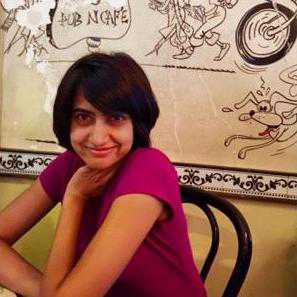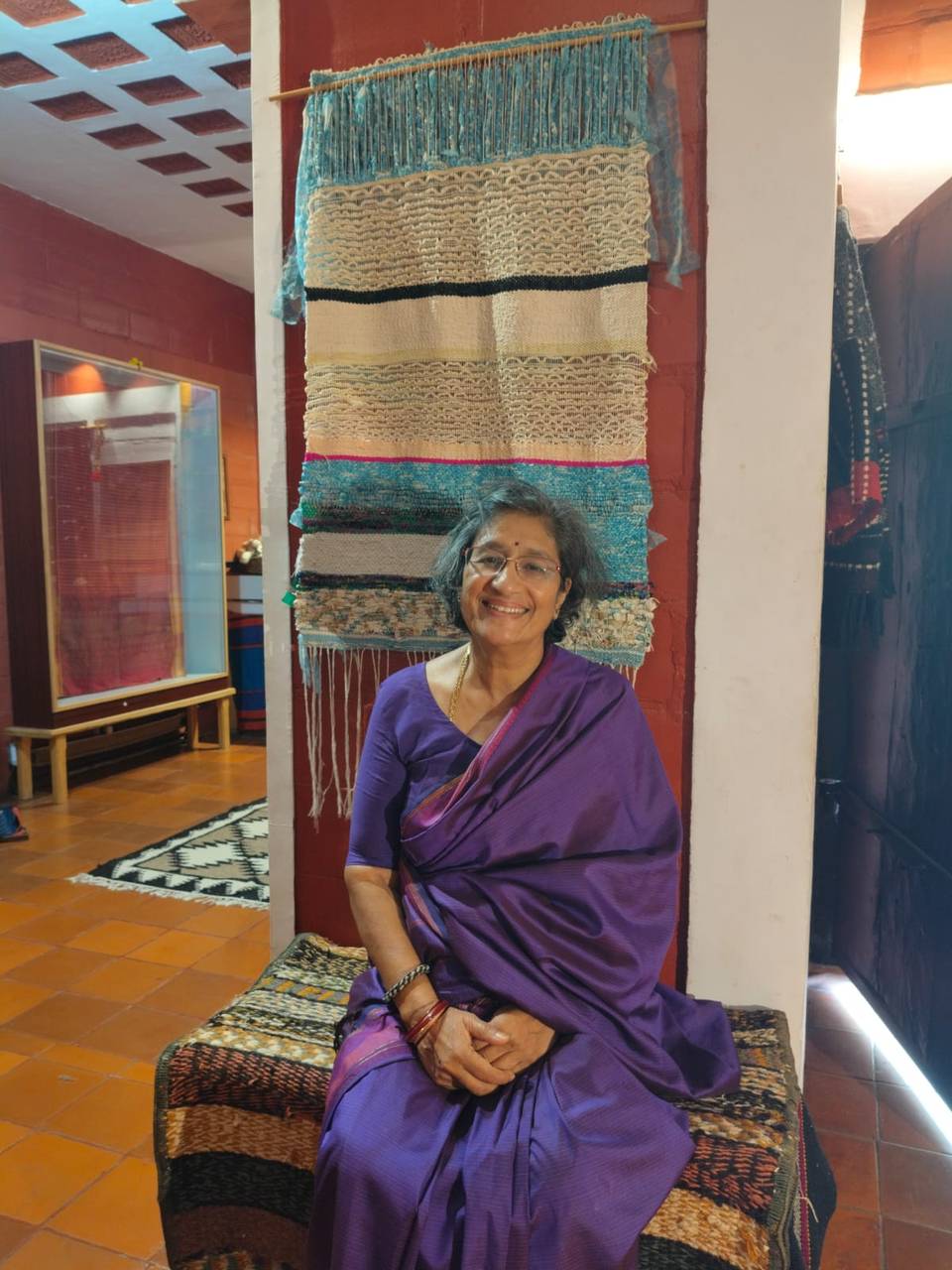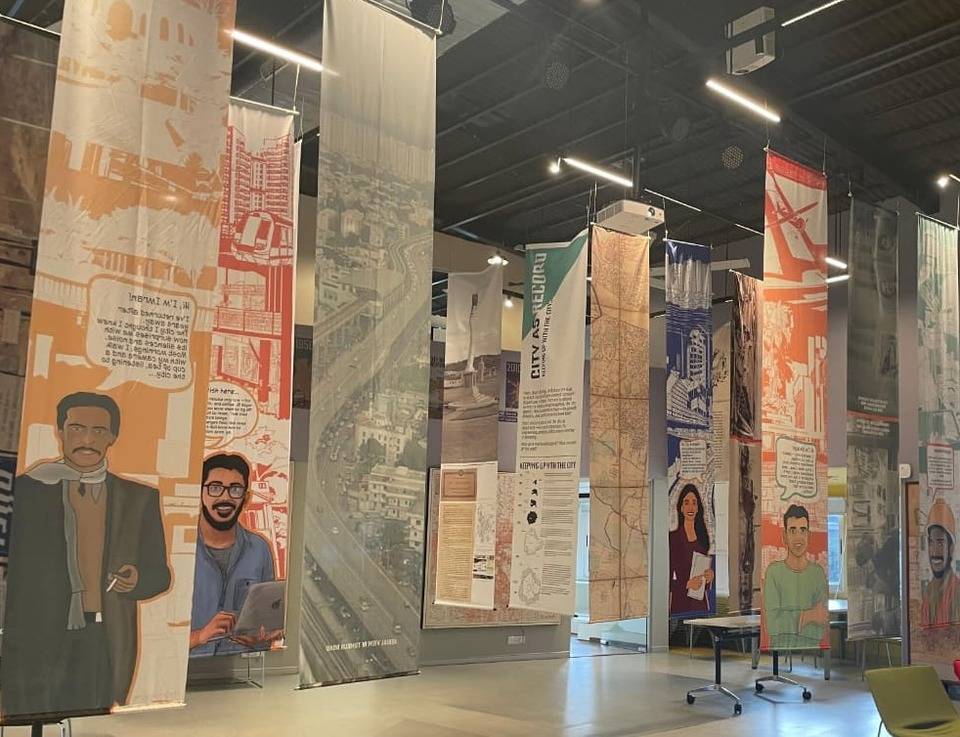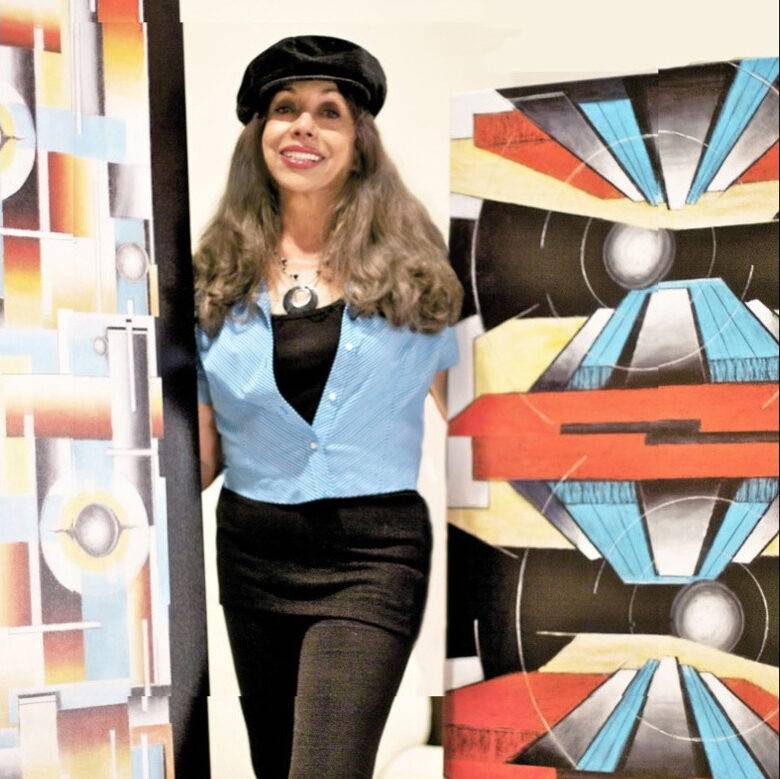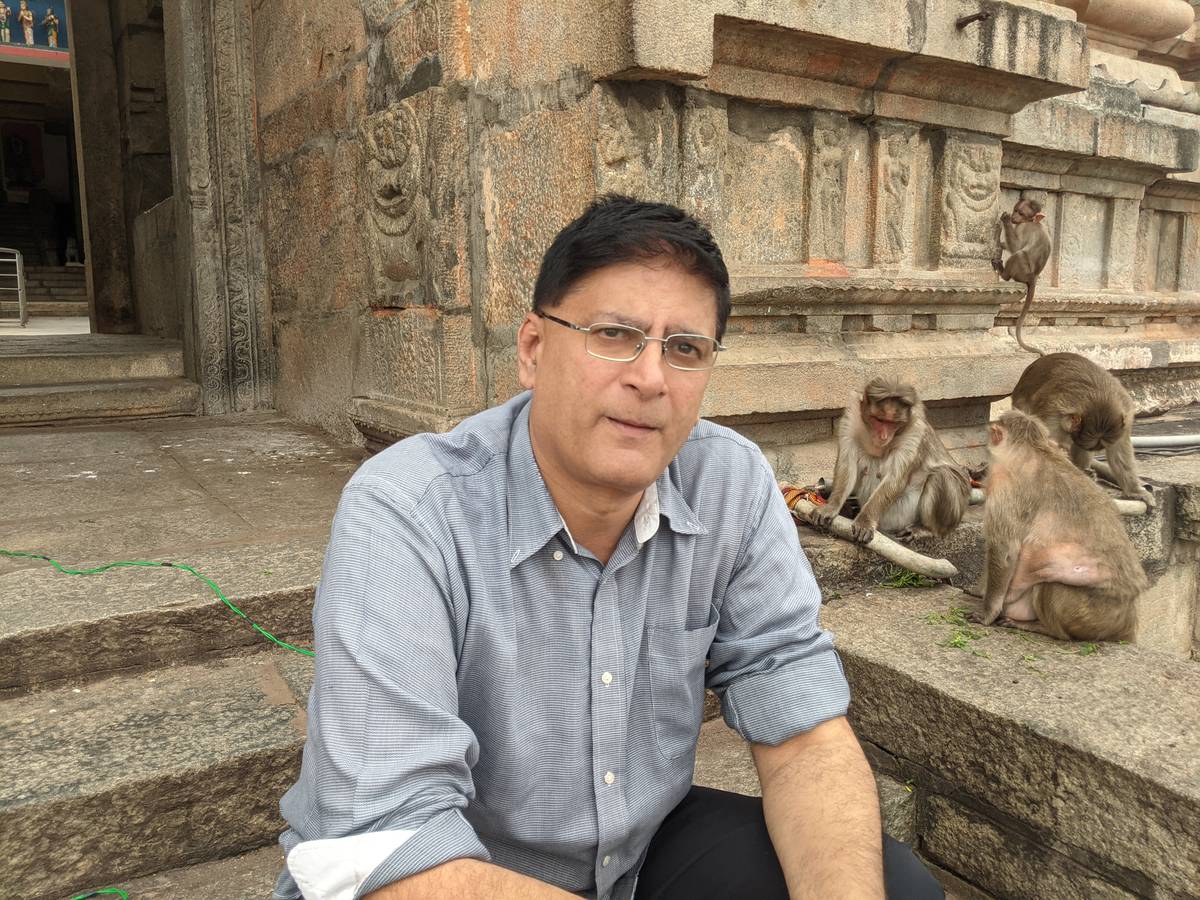Nupur Basu's Velvet Revolution - The Forgotten Pronoun
Oct 11, 2019, 12 27 | Updated: Jun 04, 2022, 10 25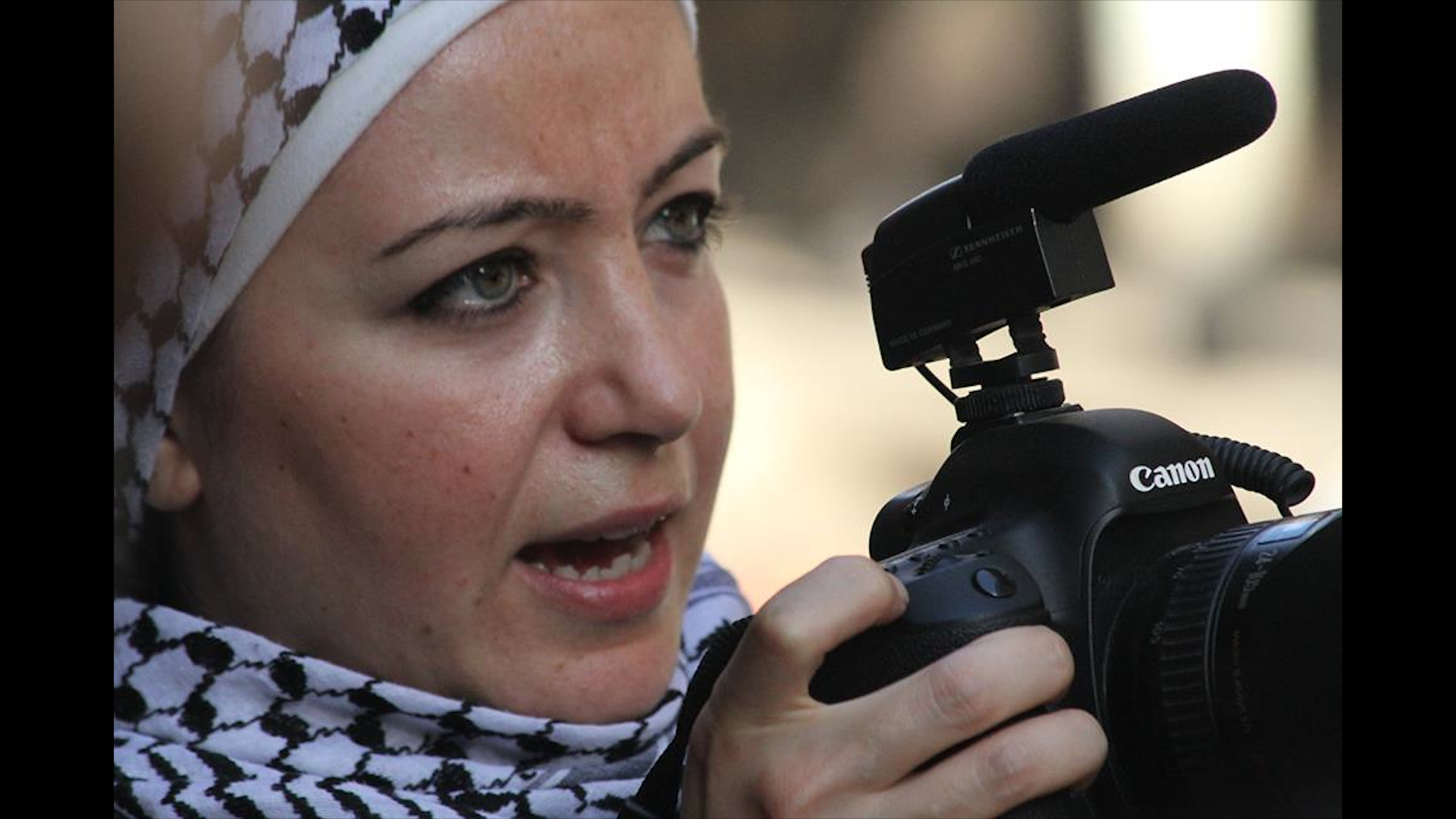
On an unseasonably rainy Saturday, the mood was bright at the British Council that hosted the screening of Velvet Revolution by Bangalorean journalist and filmmaker, Nupur Basu. The documentary was an interesting look under the hood of several journalists working in, well literally, battle zones. Common to all these intrepid, frontline journalists was that they are all women.
This question that sprang to mind was, "Can you be anything...and a woman?" And this becomes more true for some professions than others. Like journalism. Where women are commonly questioned for being on the field. In situations like that women make the news rather than report it. Velvet Revolution is the story of several such women journalists who report the truth, at any cost. A job that any (read, male) journalist would find difficult.
Basu’s documentary has been screened at UNHQ, on UNESCO’s International Day to End Impunity on Cruelty Against Journalists and even won Best Documentary Award at the Kashmir Film Festival. The journalists featured are from Philippines, Syria, Afghanistan, Bangladesh, India and Cameroon -- each faced with conflict in her country. Each faced death threats and attacks in line. Some were exiled for doing their job.
Journalism in these countries is not a profession you choose without considering its inherent strife. It takes the support of a family to report truth.
And therefore, in the telling of each woman’s story, it cannot escape you to notice how positively combative they can be. And femme. The two are not necessarily mutually exclusive.
But being fearless and femme was not their focus. The job needed to get done and someone needed to step up to do it. Someone. Anyone. These women don’t think of themselves as a woman first and anything else next.
Yet this is the question they are constantly faced with. “How can you be a Syrian, a journalist, and a woman?” Zaina Erhaim, a Syrian journalist, was constantly asked.
At the screening, I tried to capture the general feeling of all the women. I thought about how they go about their jobs... what the journalist from Cameroon feels when she receives mail addressed to a "Mr.” - the default honorific.
And “she” is the forgotten pronoun.
In the Q&A that followed, inevitably, there were those who use Q&A as platforms for their own declamation. Basu was deft. And one gentleman whose forceful delivery made him seem belligerent and combative, started to ask his question.
“Would he...” he started.
Basu cut him off.
“You mean 'she',” she corrected him, “would ‘she’.”
Velvet Revolution was the joint effort of contributing directors Ilang Ilang Quijano (Philippines), Deepika Sharma (India), Eva Brownstein (USA on Bangladesh), Pochi Tamba Nsoh and Sidonie Pongmoni (Cameroon). Nupur Basu, Executive Producer and Project Director of the documentary, did the segments on the journalists from Syria and Afghanistan, the Panama Papers segment and Lyse Doucet. The film was produced by the International Association of Women in Radio and Television (IAWRT), a network of women journalists and filmmakers. The trailer of Velvet Revolution is available to watch right here: https://vimeo.com/214827824. We wish Basu would publish the entire documentary online - if the terms of her licence allows her.
https://vimeo.com/214827824
